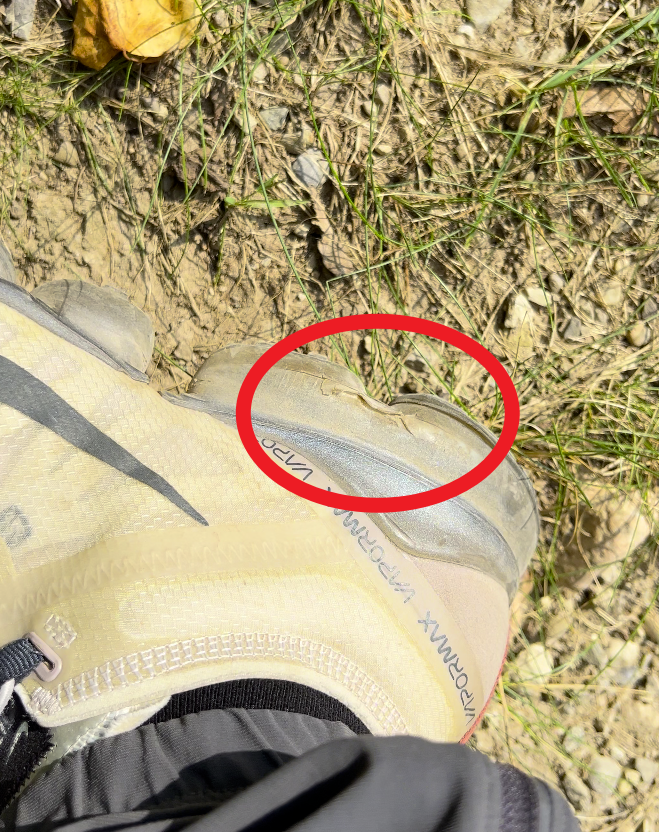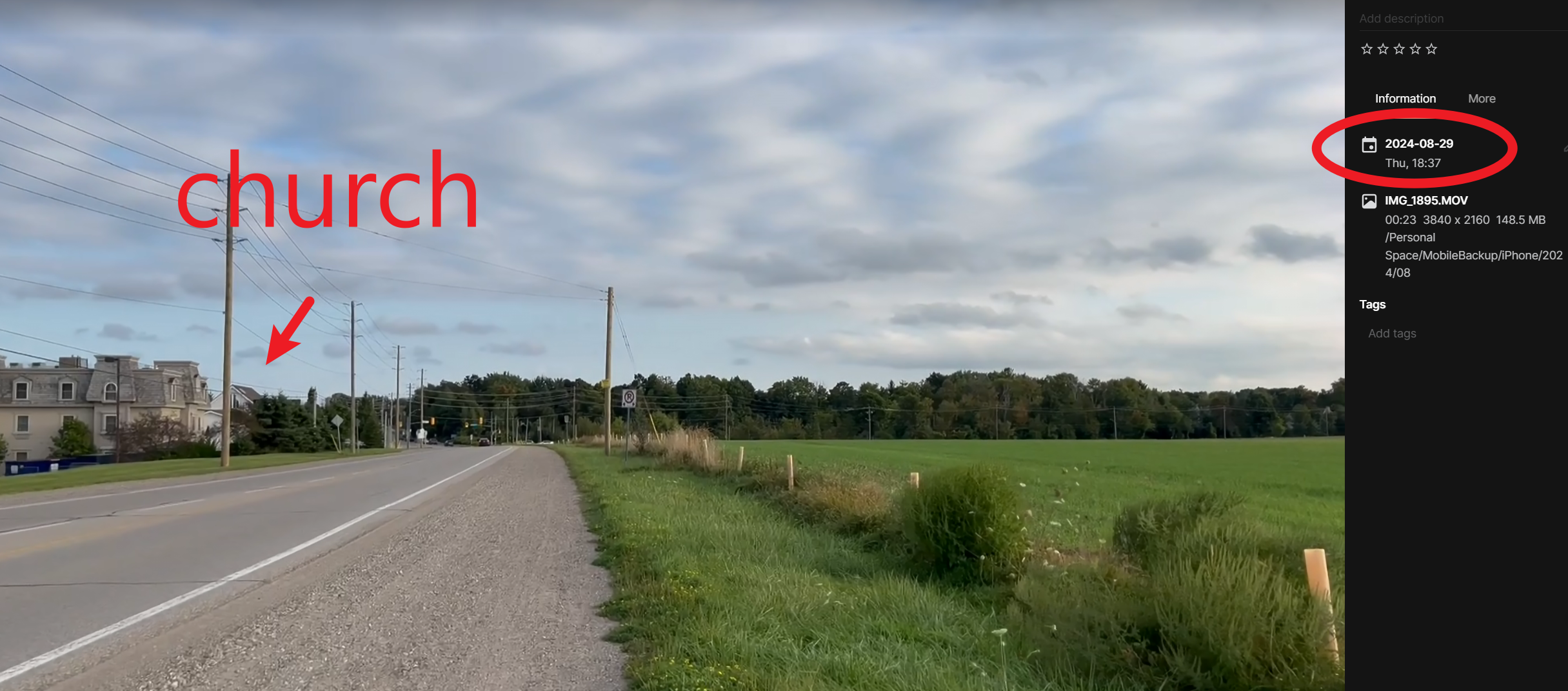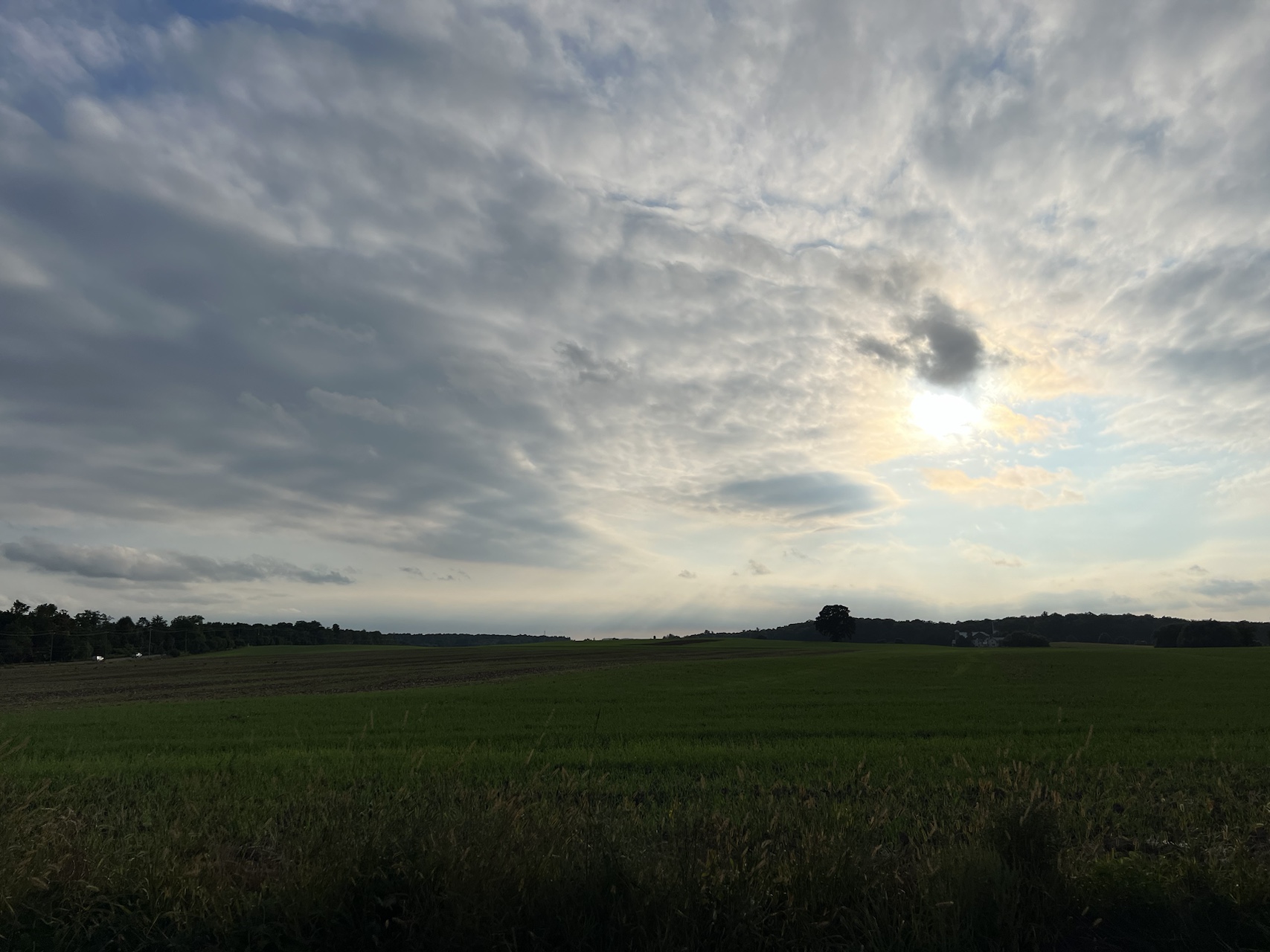Published
- 7 min read
chURch

Foreword
Sometimes, I didn’t feel it was very impressive when I first did or experienced something, but as time passed, it became stronger and stronger in my memory. My first experience going to church was one of those things.
”缘分”
To be honest, I don’t think I’m a person who can have a belief whatever it is. I do have my reason for this, but there still is something I can’t explain, but I can feel it. I don’t know what it is. On February 23rd, my first time attending church, could this be the lord’s will, eh?
That day, I knew I would be there on my way to the church. My friend picked me up and just went there. But I had thought that the church was near his home so that we might go the wrong way. Absolutely, I trust my friend, so I didn’t ask at first, but the way that became more and more familiar with my memory, I couldn’t help but ask him. However, my friend said that we were on the correct route. You know, I went by the whole route on my feet six months ago. I swear, I passed by the church six months ago when my shoes were broken, but there was no other alternative option for me. I did some research and walked to a store to buy a new one that was just close to the church. I won’t forget my thoughts forever, the scent of the grass I smelled, the picture I took, and the feeling I was immersed in. Could this be the lord’s will, eh? Is this what they call “fate” or “destiny” in Chinese (缘分), eh? There are differences between languages, and I can’t quite find an English word that perfectly captures the meaning. It’s like how I’m finding it harder and harder to find Chinese words that match up with two English words that seem close. If you use a dictionary, the results are the same and interchangeable, but I’m increasingly aware of the subtle differences between the two. Maybe that’s the beauty of learning multiple languages, eh?
▼ My broken shoes with a flat air

▼ I passed by the church

▼ I’ll never forget how I felt when I took this picture
Even though I have never been to a church before, the building style and room layout didn’t bring a strange feeling to me. We were not there at the beginning of the procedure on that day. After a quick introduction from my friend and their staff, we found some seats in the main hall. That was a course of Waterloo City’s history. I must admit that that was a new field for me. I put more and more effort into concentrating on the lecture, but I still only understood about 60% of it. There were so many new terms. What was this? What was that? I had no idea, but I knew the topic was history, which I liked. I planned to do some research on this stuff after the lecture.
Everywhere I looked, all I saw were my elders. I thought I had come to the right place, eh? Even in China, I usually find it easier to connect with older people than with people my age or younger. What was next? Some praying, singing a song, a hug, a story, a shot of intense passion? My mind just floated above the room till the lecture was done.
Yes, they invited me to join WORSHIP (a new word for me). I asked what I should do because I totally had no idea about this. Mr. R said that, join and listen. He reminded me of my online English teacher, they are likely around the same age and equally wise. I sat between him and his wife and prepared for my first time joining it.
People made a speech to announce some internal management affairs, a story of church history, singing songs, and praying. The procedure is not an essential part of this post. Maybe it’s very common. But within this seemingly ordinary and commonplace process, my heart churned, and many thoughts flooded my mind.
There were three stages in my mind: first came guardedness, then self-doubt, and finally, contemplation.
Guardedness
My experiences in China have reminded me to be wary of goodwill because there’s no such thing as goodwill without an ulterior motive. I must admit, this is entirely contrary to the education I received growing up, and even after I started working, this set of values felt incredibly dissonant. Why do I say that? In China, the principles that older generations teach younger ones are genuine human virtues: be friendly, helpful, and sincere. But when a young person enters society, stepping naively into the workplace, they’re met with insincerity, hypocrisy, and traps everywhere. You can’t tell the truth, you can’t show your true feelings, it’s a constant battlefield. One wrong move, and you’ll be schemed against, even lose your job. In this environment, I have no support and can only grow wild. After repeatedly resisting and getting hurt, I can only learn to conform, to adopt that set of insincere behaviours. Otherwise, I can’t survive. I’d be ostracized as an outsider. A Chinese story says a wise person trying to survive a dirty swamp doesn’t constantly try to wash themselves clean. Instead, they grab mud and cover themselves in it. Or they’ll be immediately recognized and perish.
I followed these rules, and they have kept me alive until now. I hate it. I constantly want to get away from this environment. I’ve lost count of how often I’ve had to brown-nose and kowtow to superiors, forced to dish out insincere flattery to get things done, close deals, or sign contracts. I can’t even count how often I’ve wanted to stop. The moment I eased up, I didn’t actively suck up. I was met with harsh criticism, verbal abuse, and the cold shoulder from management, the whole nine yards.
Do you know what the most important thing is? Whenever I’m spiralling from anxiety, it seems someone always conveniently appears to offer help. If I gratefully accept it, I fall right into their trap. It’s all orchestrated: how to bring me down, isolate me, then a “good Samaritan” shows up to assist, and I unthinkingly follow. I can’t remember the last time I was hurt like this. Therefore, I just observed everything and tried to find some clue to prove I was correct: I can always stick to a Benthamism tag on the goodwill if I want. “Periodic singing serves as a ritual that fosters collective identity among individuals within the community.” Or “The act of singing at various stages functions as a communal practice reinforcing cultural expression and collective identity.”
Self-doubt
I admitted this was my first stage. But there still was a conflict in my mind. I honestly can’t imagine what anyone would want to take from me or what I, as an outsider, possess that anyone would like to take. Back in China, in that cannibalistic work environment I was in, my rivals were itching to grab any advantage I had, and my bosses were keen on working me to the bone, squeezing every drop out of me. Instead, I felt friendly without any purpose. I still remember that feeling of the Tanzanian father teaching us to sing on stage with his four sons. For a few seconds, I, who didn’t understand the lyrics at all, felt a lump in my throat. I tried hard to control myself and not be overwhelmed by my emotions. I even started to wonder if this segment was deliberately designed for the newcomers today to achieve some purpose, to control me from the depths of my heart. I must always stay vigilant. But at the same time, I can feel the clash between what I truly feel and what my head tells me. I don’t know what to do. So, I fell into a spiral of thought.
Contemplation
First, I carefully analyzed the reasons behind my defensiveness: a utilitarian-driven education system, a “survival of the fittest” mentality, an emphasis on collectivism that deliberately weakens individualism and a lack of security and recognition for individuals. From a particular perspective (authoritarianism), minimizing cooperation between people makes it easier for the ruling class to maintain control. Therefore, this environment tends to portray all goodwill as self-serving and intentionally fosters a climate of anxiety and distrust. Following that, I’ve pondered whether truly altruistic love and assistance exist in this world, devoid of ulterior motives. If so, why? And if not, what’s the reason they don’t? If kinship-based kindness is, hypothetically, written into our genes – stemming from the evolutionary drive to reproduce, where humans selflessly love and help their offspring – then from a socio-group perspective, couldn’t the same hold valid for selfless love and aid that’s also genetically ingrained? I have the answer, but I’m unsure if I believe it.
Second, I feel like an animal born and raised in a circus. Every time I’m fed, it’s always making me perform a trick, always with an ulterior motive. So, if I leave the circus one day, how will I approach the offerings of this new world? If past hurts affect future attitudes, how significant is that impact? In other words, at what point do you stop believing? How do you measure that damage? Where would I be on that scale if there’s a quantifiable model for this? Will I ever trust in kindness again? If I’ve already been hurt, if I have those experiences, how do I “fake” that I haven’t? How do I act on the part? Conversely, if I’ve never experienced genuine kindness, if I have no such experiences, how do I pretend that I have? What can I do to avoid being seen through? Why am I still so guarded? What’s the line between being guarded and not? If I can’t change my past, what can I do in the future?
Ending
Honestly, I have no idea about these questions. But I do know some things, things I’m sure of. Trying to prove whether an act of kindness is genuine without ulterior motives is pointless. It’s like the legal principle of “innocent until proven guilty” in reverse – people can never definitively prove their innocence, even to the point of sacrificing themselves. So, it’s a massive loophole that can’t be disproven. My answer is, don’t try to prove it. Accept it. Trying to prove it is like solving a math problem, where you absolutely need a definite yes or no answer. But even in mathematics, there are still so many unprovable problems. Moreover, the world isn’t black and white but in various colors. So, why get hung up on how much black there is in red or how much white there is in yellow? It doesn’t make sense.
Secondly, how the world treats me shouldn’t dictate how I treat the world. I need my yardstick. In my view, the Chinese sayings “returning malice for kindness” or “repaying evil with good” shouldn’t be promoted as moral standards. We should help everyone find their internal compass.
I’m still on the path of searching for answers. If I had to give a current, interim answer, it would be to accept things with a healthy dose of caution but be sincere when offering help and support to others.
I remember that story, “UR” in chURch.
